Intro
Discover the link between chest pain and jaw ache, including angina, heart attack, and costochondritis symptoms, to understand potential cardiac and non-cardiac causes of this combined pain.
Chest pain accompanied by jaw ache can be a disturbing and potentially serious condition that affects many individuals worldwide. The combination of these symptoms can be caused by various factors, ranging from minor issues to life-threatening conditions. It is essential to understand the possible causes, symptoms, and treatment options to seek appropriate medical attention when needed. The importance of recognizing the relationship between chest pain and jaw ache lies in the potential to identify underlying conditions that may require immediate medical intervention.
The symptoms of chest pain and jaw ache can vary in severity and duration, making it crucial to pay attention to any accompanying signs, such as shortness of breath, dizziness, or nausea. In some cases, these symptoms may be related to cardiac issues, while in others, they may be caused by musculoskeletal or gastrointestinal problems. The complexity of these symptoms necessitates a comprehensive approach to diagnosis and treatment, emphasizing the need for medical professionals to consider a wide range of possibilities when evaluating patients.
Understanding the potential causes of chest pain and jaw ache is vital for developing effective treatment strategies. Cardiac conditions, such as myocardial infarction or angina, can cause chest pain that radiates to the jaw, while musculoskeletal issues, like temporomandibular joint (TMJ) disorders, can lead to jaw ache that is referred to the chest. Gastrointestinal problems, including gastroesophageal reflux disease (GERD), can also contribute to chest pain and jaw ache. Recognizing these potential causes can help individuals seek timely medical attention and receive appropriate treatment.
Chest Pain Causes
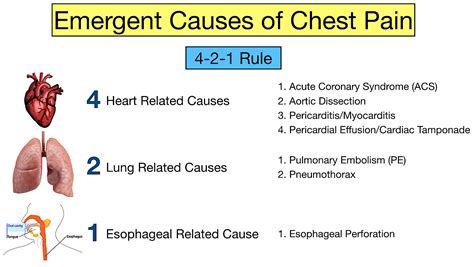
Cardiac-Related Chest Pain
Cardiac-related chest pain is a significant concern, as it can be a sign of a life-threatening condition. Myocardial infarction, commonly known as a heart attack, occurs when the blood flow to the heart is blocked, causing damage to the heart tissue. Angina, on the other hand, is characterized by reduced blood flow to the heart, leading to chest pain that is often triggered by physical activity or stress. Pericarditis, inflammation of the tissue surrounding the heart, can also cause chest pain that may be accompanied by fever and fatigue.Jaw Ache Causes
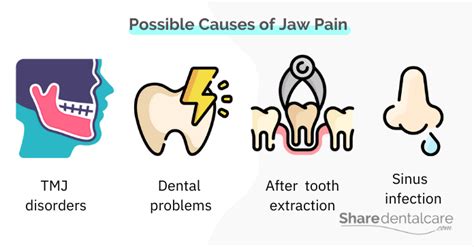
Musculoskeletal-Related Jaw Ache
Musculoskeletal-related jaw ache is a common condition that can be caused by various factors, including teeth grinding, jaw clenching, and poor posture. TMJ disorders can lead to jaw ache that is often accompanied by limited mobility of the jaw joint. Muscle tension and strain in the neck and shoulder area can also contribute to jaw ache that is often referred to the face and head.Treatment Options
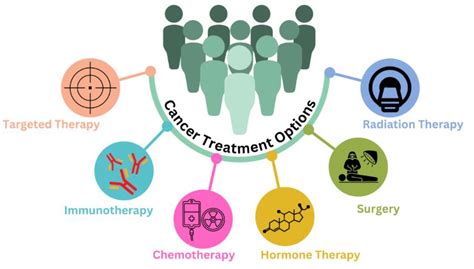
Lifestyle Modifications
Lifestyle modifications can play a significant role in managing chest pain and jaw ache. Maintaining a healthy diet, engaging in regular exercise, and managing stress can help reduce the risk of cardiac-related chest pain. Avoiding triggers that exacerbate musculoskeletal-related jaw ache, such as teeth grinding and jaw clenching, can help alleviate symptoms. Practicing good oral hygiene and visiting the dentist regularly can help prevent dental problems that may contribute to jaw ache.Diagnosis and Testing
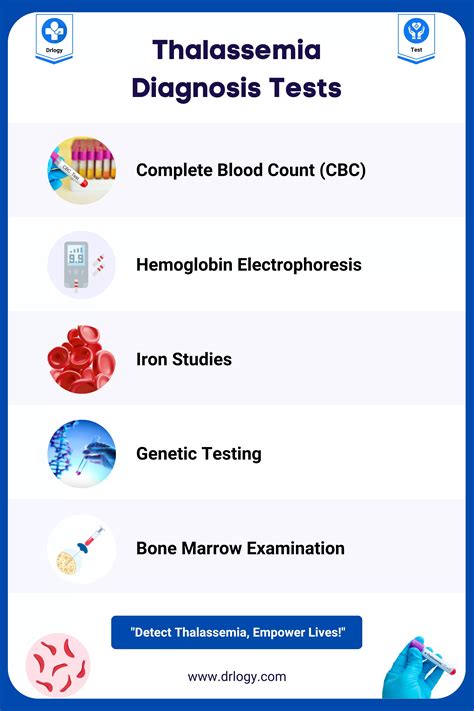
Diagnostic Tests
Diagnostic tests can help identify the underlying cause of chest pain and jaw ache. ECG can help diagnose cardiac-related conditions, such as myocardial infarction and arrhythmias. Echocardiogram can help evaluate the heart's structure and function, while blood tests can help identify any signs of inflammation or infection. Imaging tests, such as X-rays and computed tomography (CT) scans, may be ordered to rule out other potential causes of the symptoms.Prevention and Management
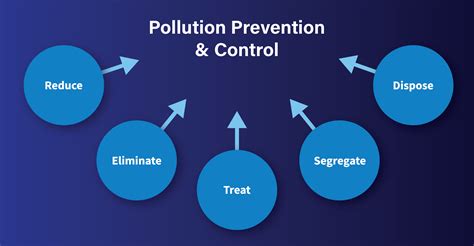
Self-Care Strategies
Self-care strategies can play a significant role in managing chest pain and jaw ache. Practicing relaxation techniques, such as deep breathing and meditation, can help reduce stress and alleviate symptoms. Getting enough sleep and maintaining a consistent sleep schedule can help reduce the risk of jaw ache and other musculoskeletal-related conditions. Avoiding triggers that exacerbate symptoms, such as certain foods or activities, can help manage chest pain and jaw ache.Conclusion and Next Steps

We invite you to share your thoughts and experiences with chest pain and jaw ache in the comments below. If you have any questions or concerns, please do not hesitate to reach out to a healthcare professional for guidance and support. By working together, we can promote awareness and understanding of these conditions and improve the lives of individuals affected by them.
What are the common causes of chest pain and jaw ache?
+Chest pain and jaw ache can be caused by a variety of factors, including cardiac, musculoskeletal, and gastrointestinal issues. Cardiac-related chest pain can be caused by conditions such as myocardial infarction, angina, and pericarditis. Musculoskeletal-related jaw ache can be caused by conditions such as temporomandibular joint (TMJ) disorders, teeth grinding, and jaw clenching.
How can I manage chest pain and jaw ache?
+Management of chest pain and jaw ache depends on the underlying cause of the symptoms. Cardiac-related chest pain may require immediate medical attention, including medication to reduce blood pressure and prevent further damage to the heart tissue. Musculoskeletal-related jaw ache can be treated with pain relief medication, physical therapy, and lifestyle modifications, such as avoiding teeth grinding and jaw clenching.
What are some lifestyle modifications that can help reduce the risk of chest pain and jaw ache?
+Maintaining a healthy lifestyle, including a balanced diet and regular exercise, can help reduce the risk of cardiac-related chest pain. Managing stress and avoiding triggers that exacerbate musculoskeletal-related jaw ache can help alleviate symptoms. Practicing good oral hygiene and getting enough sleep can also help prevent dental problems and reduce the risk of jaw ache.
